경미한 사고 대인접수 거부
대인접수란 무엇인가?
대인접수는 차량 사고 등에서 피해자가 다른 사람으로부터 피해를 입었을 때, 그 사실을 제대로 인식하지 않고 인지하지 못하며, 자신의 책임으로 받아들이지 않고 거부하는 것을 말한다. 대인접수는 대인사고에서 일어날 수도 있지만, 상황에 따라 다른 사건에서 나타날 수도 있다. 예를 들어, 교통사고에서 자신이 상대방에게 사고를 냈음에도 불구하고 그 실정을 인지하지 못하고, 충격 상태에 놓여 상대방으로부터 대인접수를 거부하는 경우가 대표적이다.
대인접수 거부의 원인과 종류
대인접수 거부의 원인은 다양하다. 일상적으로는 시각적, 청각적 정보를 인지하는 능력 상실, 혹은 감각 박탈 상태 등이 원인이 될 수 있다. 그 외에도 감정적 죄책감, 집착, 우울증, 외상성 스트레스 장애, 불안장애 등이 대인접수 거부의 원인이 될 수 있다. 대인접수 거부는 특히 교통사고 등의 사건에서 자주 발생하며, 종류도 다양하다.
– 대인접수 거부 마디모: 대인접수 거부 마디모는 교통사고를 예로 들 수 있는데, 이는 자신이 교통사고를 일으켰으나 그 사실을 인지하지 못하고 대인접수를 거부하는 경우를 말한다. 이 경우, 대화를 시도해도 상대방에게 실제로 나타나지 않은 충격 상태에서 인지가 어렵기 때문에, 상대방이 무엇을 말해도 대인접수를 인지하지 못하고 거부하는 경우가 많다.
– 100대 0 대인 거부: 100대 0 대인 거부는 자신이 사고를 일으키지 않았는데 상대방이 자신을 고발, 비난하는 경우이다. 이 때에도 대인접수를 거부하면서 상대방과 다투게 되므로 상황을 악화시키는 결과를 초래할 수 있다.
– 후방 추돌 대인접수 거부: 후방 추돌 대인접수 거부는 후방 차량이 전방 차량에게 충돌을 일으켰을 때, 전방 차량 운전자가 자신이 사고를 일으켜 전방 차량에게 상처를 입혔음에도 불구하고, 인식하지 못하고 대인접수를 거부하는 경우를 말한다. 이 경우 피해자는 대인접수를 받지 못하며, 자신이 피해를 받았음을 인지하지 못하고 혼란스러워질 수 있다.
– 피해자가 대인접수 거부: 피해자가 대인접수 거부를 하는 경우는, 자신이 사고를 당했음에도 불구하고 그 실정을 인지하지 못하고 대인접수를 거부하는 경우를 말한다. 이러한 경우, 피해자는 자신이 상처를 입혔음에도 대인접수를 거부해 피해자 치료와 보상을 받지 못하게 된다.
– 교통사고 대물접수 거부: 교통사고 대물접수 거부는 자신이 교통사고를 일으켰음에도 불구하고, 대상이 대인이 아닌 물체일 때 발생한다. 이 경우, 자신이 물체를 파손한 실정을 인지하지 못하고 대인접수를 거부하게 된다.
– 대인접수 거부 직접청구권: 대인접수 거부 직접청구권은 자신이 상처를 입었음에도 대인접수를 거부하는 상황에서, 피해자가 직접 보상을 청구할 수 있는 규정이다. 이는 보험사와의 협상을 거치지 않고 피해자가 직접 보상을 받을 수 있도록 돕는 제도이다.
– 경미한 대인사고경미한 사고 대인접수 거부: 경미한 사고 대인접수 거부는 사고의 규모가 작을 때 발생한다. 이 때, 피해자가 경미한 상처를 입었음에도 그 실정을 인지하지 못하고 대인접수를 거부하는 경우가 많다. 이러한 경우, 피해자는 상처를 입은 것이라는 실정을 인지하지 못해 병원 치료를 받지 못하는 등의 문제를 일으킬 수 있다.
대인접수 거부를 겪는 사람들의 심리적 영향
대인접수 거부는 화근이 쌓이는 원인 중 하나로 알려져 있다. 사고 당사자나 시각적, 청각적 정보를 인지하기 어려운 자들은 대인접수를 거부할 가능성이 높다. 대인접수 거부는 이후 치료를 받지 않거나 보상 받지 못하는 등의 문제로 발전될 수 있기 때문에, 건강에 큰 피해를 끼치기도 한다. 또한, 대인접수 거부를 겪은 사람들은 외면, 비하, 차별 등 심리적 영향을 받을 가능성이 높다.
대인접수 거부를 예방하는 방법
대인접수 거부를 예방하는 방법은, 신체적, 정신적 건강 유지와 상황 인식 능력 유지가 중요하다. 일상적으로 충분한 수면, 바른 식습관 등을 유지하며, 주기적인 건강 검진도 필요하다. 또한, 상황 인식 능력을 유지하기 위해서는 관심과 관찰 능력을 강화할 필요가 있다. 대인접수 거부를 예방하는 가장 좋은 방법은 실제 사고가 일어나지 않도록 예방하는 것이다. 따라서 운전 시 안전 운전에 신경쓰고, 사고 예방 수칙을 준수하는 것이 중요하다.
대인접수 거부를 극복하는 방법
대인접수 거부를 극복하기 위해서는, 상대방과 소통하는 것이 가장 중요하다. 상대방에게 자신이 어떤 피해를 입었음을 인지시켜주는 것이 필요하며, 대화를 통해 문제를 해결할 수 있는 방법을 찾아 보는 것이 좋다. 또한, 자신이 하고싶은 말이나 느낌을 표현하는데 어려움이 있다면, 상담센터나 정신건강 치료센터를 찾아 방문할 수도 있다.
대인접수 거부를 다루는 전문가의 도움을 받아야 하는 경우
대인접수 거부를 겪은 경우에는, 정신건강 전문가나 인지치료사의 도움을 받는 것이 좋다. 이들 전문가들은 대인접수 거부를 극복하는 데 도움을 줄 수 있는 역할을 하며, 상담과 치료를 통해 대인접수 거부를 극복할 수 있도록 지원해주기도 한다. 또한, 대인접수 거부가 범죄 행위에 해당할 경우, 대인접수 거부 형사처벌을 받을 수도 있으며 이 경우에는 변호사의 도움이 필요하다.
FAQs
Q. 대인접수 거부에서 중요한 것은 무엇인가요?
A. 대인접수 거부를 극복하기 위해서는, 상대방과 소통하는 것이 가장 중요합니다.
Q. 대인접수 거부는 어떤 상황에서 발생하나요?
A. 대인접수 거부는 교통사고, 모든 사고 등에서 일어날 수 있습니다.
Q. 대인접수 거부를 예방하는 방법은 무엇인가요?
A. 신체적, 정신적 건강 유지와 상황 인식 능력 유지가 중요합니다.
Q. 대인접수 거부를 극복하는 방법은 무엇인가요?
A. 상대방과 소통하며 대화를 통해 문제를 해결하는 것이 좋습니다.
Q. 대인접수 거부를 겪은 경우, 누구에게 도움을 요청해야 하나요?
A. 대인접수 거부를 겪은 경우에는, 정신건강 전문가나 인지치료사의 도움을 받는 것이 좋습니다.
사용자가 검색한 키워드: 경미한 사고 대인접수 거부 대인접수 거부 형사처벌, 대인접수 거부 마디모, 100대 0 대인 거부, 후방 추돌 대인접수 거부, 피해자가 대인접수 거부, 교통사고 대물접수 거부, 대인접수 거부 직접청구권, 경미한 대인사고
Categories: Top 26 경미한 사고 대인접수 거부
14690회. 사고나서 대인 접수 해 달라고 했다가, 마디모도 하고 보험사기로 조사까지 받았습니다.
여기에서 자세히 보기: toimuonmuasi.com
대인접수 거부 형사처벌
The rationale behind the law is that when someone is rejected from a proposal, he or she may feel humiliated, frustrated, and violated regarding their personal rights. In Korea, this is referred to as “kibun jibae,” which means the individual’s feelings are hurt. This is one of the factors that resulted in the implementation of this law.
However, there are specific provisions in the law regarding who can be subjected to punishment and what actions are considered a violation. Below is a more detailed explanation of the law:
Who can be punished for 대인접수 거부?
Only certain individuals can face criminal punishment for rejecting another person’s proposal. These individuals are ones who hold public positions or those who are in charge of public or private institutions. For example, if someone gets denied acceptance of a job proposal, it is considered a private matter and not a criminal offense.
Public positions include individuals in government positions who have the power to influence decision-making regarding national policies or other related matters. Private institutions include companies, foundations, and organizations that provide services to the public. This is one measure that was put in place to prevent any abuse of power when negotiating with the public.
What actions are considered a violation?
One of the main actions that constitute a violation is the act of outright refusal of another person’s proposal without any reasonable grounds. This is when an individual smells foul-play and alleges that their proposal was rejected, even though it had merit and aligned well with the public’s interest.
Another form of violation is the act of postponing or delaying the acceptance of the proposal without any reasonable grounds. In this case, the individual who submitted the proposal is left in a state of limbo, which may have significant repercussions such as delayed decision-making, wasted resources, and other forms of loss that were incurred during the waiting period.
How severe is the punishment?
The severity of the punishment will depend on various factors, including the nature of the proposal, the significance of the individual refusing, the extent of the loss incurred, and the degree of damage done to the individual’s rights. In general, the penalty ranges from three years of imprisonment to a fine of up to 20 million won.
The punishment is intended to send a strong message to those in the public eye and those in power who may be tempted to reject a proposal with no reasonable grounds. It is meant to demonstrate that there are serious consequences for refusing a proposal that is aligned with the public interest.
How effective is the law?
The law has been effective in curbing incidents of 대인접수 거부 and has kept individuals in positions of power in check by imposing severe penalties for their actions. It has also served as a guideline for those in such positions of power who may have been unaware of the consequences of refusing proposals without reasonable grounds.
The law has also assisted in creating a culture of respect and dignity among members of the public and those in positions of power. It has made it clear that everyone’s rights are essential and should be respected, regardless of their social or economic status. This has helped create a more inclusive society that values everyone’s input and opinions.
FAQs
What is the punishment for refusing a proposal without reasonable grounds?
The punishment ranges from three years of imprisonment to a fine of up to 20 million won.
Who can be punished for 대인접수 거부?
Only those in public positions or those in charge of public or private institutions can be punished.
What is considered a violation of the law?
The rejection of a proposal without reasonable grounds or delaying acceptance without reasonable grounds.
대인접수 거부 마디모
In Korea, there is a social phenomenon that has been gaining increasing attention in recent years – 대인접수 거부 마디모 (dae-in-jeop-su geo-bu ma-di-mo). This phrase roughly translates to “the refusal to accept interpersonal contact from strangers” in English. This phenomenon is particularly noticeable in public spaces, where people are often seen avoiding contact with strangers, such as by avoiding eye contact or physically moving away. The roots of this phenomenon lie in Korean culture and social norms, as well as historical and modern-day factors. In this article, we will explore the background and reasons behind 대인접수 거부 마디모, as well as its potential impact on Korean society.
The origins of 대인접수 거부 마디모 can be traced back to Confucianism, which has had a profound influence on Korean culture for centuries. According to Confucianism, social hierarchy and the relationships between individuals are of utmost importance, and such relationships must be maintained through appropriate behavior and conduct. Within this framework, strangers are considered to be of lower societal status than individuals who are known to each other, and therefore they are treated differently. Additionally, the traditional Korean value of “jeong” emphasizes the importance of emotional connectedness and reciprocal relationships, further highlighting the difference between known and unknown individuals. As a result, Koreans are often more guarded around strangers and less likely to engage in casual interactions with them.
Another factor that contributes to 대인접수 거부 마디모 is the high population density in Korea’s urban areas. Seoul, for example, is the fourth most densely populated city in the world, with more than 10 million residents. In such crowded spaces, it is natural for people to feel overwhelmed and seek ways to carve out personal space. This can manifest in behaviors such as avoiding eye contact or keeping a distance from others, particularly in public transportation systems or busy urban streets. Over time, such behaviors become ingrained as social norms and expectations.
The impact of 대인접수 거부 마디모 is of concern to many Koreans, particularly those who view it as a hindrance to building stronger communities and a more inclusive society. Critics worry that the reluctance to engage with strangers will lead to a sense of isolation and disconnection among individuals, which could in turn exacerbate issues such as mental health concerns and social inequality. Additionally, there have been calls for society to reexamine the Confucian values that underlie this phenomenon, in order to better balance the importance of social hierarchies with a sense of openness and empathy towards others.
However, defenders of 대인접수 거부 마디모 argue that it serves a valuable purpose in ensuring individual autonomy and privacy. They point out that the right to choose who to interact with and how much personal contact to have is a fundamental aspect of human dignity, and should be respected. Additionally, they argue that 대인접수 거부 마디모 is not a blanket refusal to engage with strangers, but rather a set of social cues and expectations that allow for a degree of control over one’s social interactions. Without such guidance, they argue, individuals would be forced to navigate a chaotic and stressful social environment.
FAQs:
1. Is 대인접수 거부 마디모 unique to Korea?
답변: While there are certainly cultural and historical factors that contribute to this phenomenon in Korea, reluctance to engage with strangers is not unique to Korean society. Similar social norms can be observed in other densely populated urban areas, including in Western cities.
2. Does 대인접수 거부 마디모 apply to all social interactions, or only to strangers?
답변: The degree to which a person practices 대인접수 거부 마디모 can vary depending on the social context. In general, however, it is most commonly observed in situations where the individual does not know the other person well or at all.
3. Are there any negative consequences to 대인접수 거부 마디모?
답변: Critics of 대인접수 거부 마디모 argue that it can contribute to a sense of isolation and disconnection among individuals, particularly in crowded urban environments. They also worry that it can exacerbate social inequality by making it harder for people to make connections outside of their own social circles.
4. Can 대인접수 거부 마디모 be changed or overcome?
답변: As with any social norm or behavior, there is the potential for change over time. However, given the strong cultural and historical factors that contribute to 대인접수 거부 마디모, any efforts to address this phenomenon would likely need to be thoughtful, nuanced, and respectful of cultural traditions.
100대 0 대인 거부
The term “100-to-0” refers to the complete rejection of any connection or interaction with the other person or group. Those who practice 100대 0 대인 거부 often have a sense of superiority and look down upon those who they refuse to associate with.
This behavior is not limited to a specific group or age range. It can occur between people of different ages, genders, social classes, and ethnic backgrounds. However, it is often observed in older generations who grew up in a more homogeneous society.
Origins
The origins of 100대 0 대인 거부 can be traced back to South Korea’s history of social hierarchy and Confucianism. Confucian values emphasized respect for elders and hierarchy, and this has been deeply ingrained in South Korean society.
Additionally, South Korea’s strong emphasis on education and success has led to a society where a person’s value and worth are often determined by their academic and professional achievements.
As a result, those who are perceived as being less successful or lacking in educational qualifications are often looked down upon and discriminated against.
Examples of 100대 0 대인 거부 in South Korea
The most common examples of 100대 0 대인 거부 in South Korea are related to education and occupation. A person’s educational background and professional achievements often determine their social status and class in South Korean society.
For example, many job ads in South Korea include a requirement for a specific university degree or high GPA, which can result in applicants without these qualifications being overlooked.
In addition, those who work in “blue-collar” jobs, such as factory workers or construction workers, are often looked down upon and discriminated against by those in “white-collar” jobs.
Age discrimination is also common in South Korea, with older generations often looking down on younger generations and refusing to engage with them.
Effects on society
The practice of 100대 0 대인 거부 can have serious negative effects on South Korean society. It can result in discrimination, inequality, and social exclusion.
This behavior also contributes to the country’s rapidly aging population, as older generations refuse to engage with younger generations and pass on knowledge and skills.
Furthermore, 100대 0 대인 거부 can lead to mental health issues and social isolation for those who are discriminated against.
Frequently Asked Questions
Q: Is 100대 0 대인 거부 a recent phenomenon in South Korea?
A: No, it has been present in South Korean society for many years, but it has become more prominent in recent years due to increasing social and economic pressures.
Q: Who are the most common targets of 100대 0 대인 거부?
A: Those who are perceived as being less successful or lacking in educational qualifications are often looked down upon and discriminated against. This can include those who work in “blue-collar” jobs, those who did not attend prestigious universities, and those who are considered to be from lower social classes.
Q: What are the effects of 100대 0 대인 거부 on individuals?
A: Discrimination, inequality, and social exclusion are common effects experienced by those who are discriminated against. This can also lead to mental health issues and social isolation.
Q: How can South Korean society address the issue of 100대 0 대인 거부?
A: Education and awareness campaigns can help to address the issue of 100대 0 대인 거부 by promoting inclusivity and respect for all members of society. Encouraging social interactions between different age groups and social classes can also help to break down barriers and promote understanding. Legislation and policies aimed at preventing discrimination can also be effective in addressing the issue.
In conclusion, 100대 0 대인 거부 is a complex issue in South Korean society, deeply rooted in the country’s history and cultural values. Addressing this issue will require a multifaceted approach, including education and awareness campaigns, legislative measures, and social initiatives aimed at promoting inclusivity and respect for all members of society.
주제와 관련된 이미지 경미한 사고 대인접수 거부
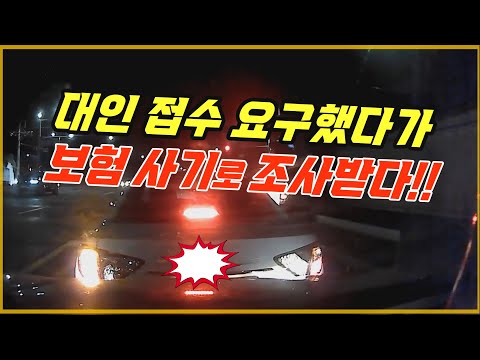
경미한 사고 대인접수 거부 주제와 관련된 이미지 13개를 찾았습니다.
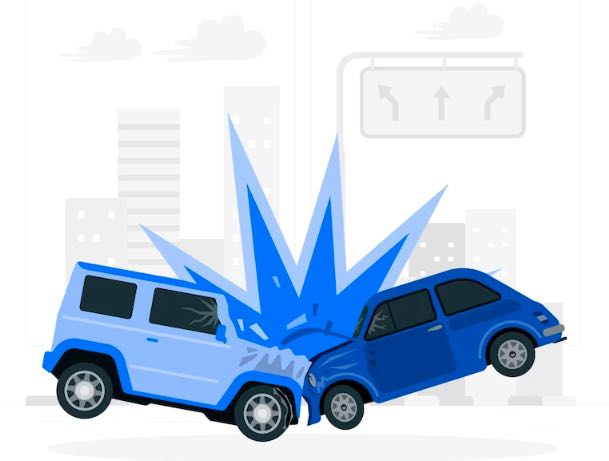
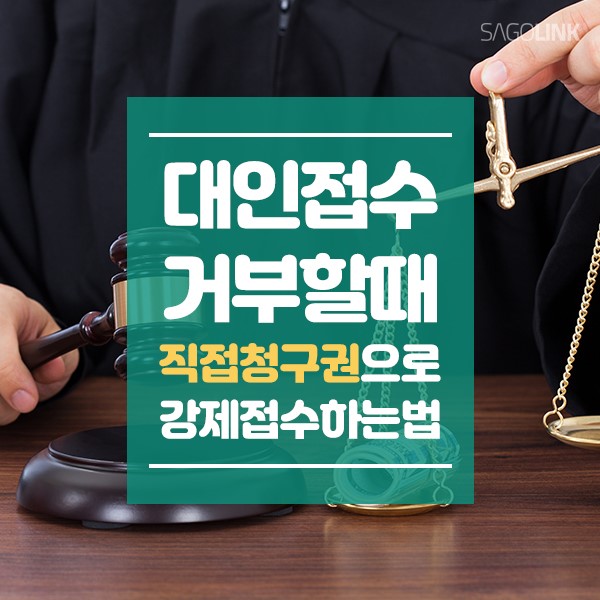
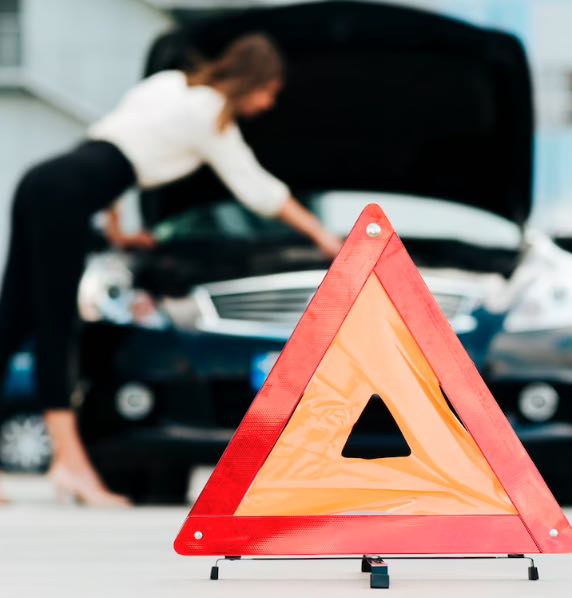

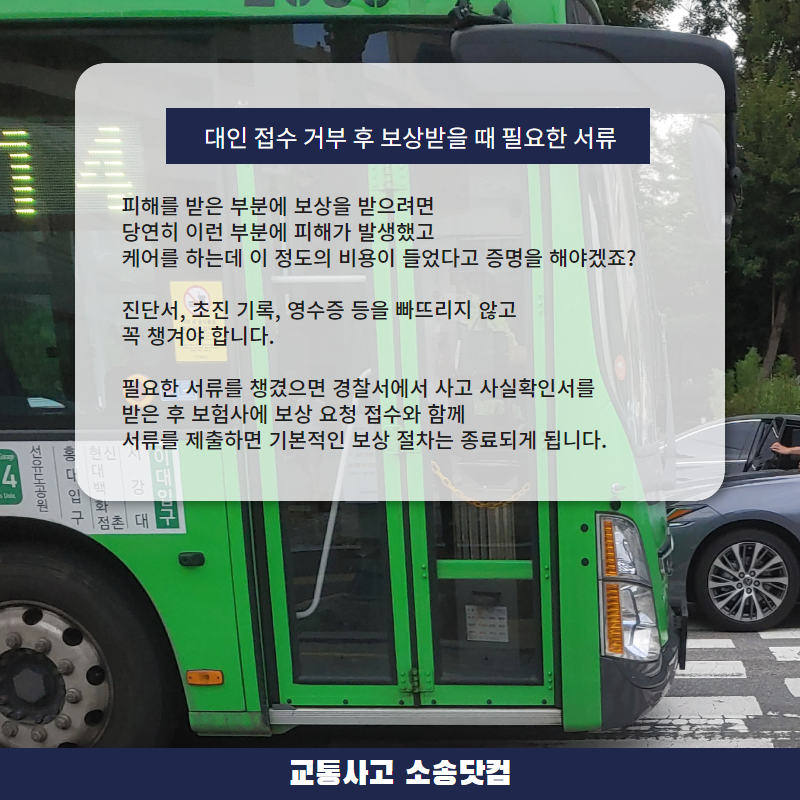
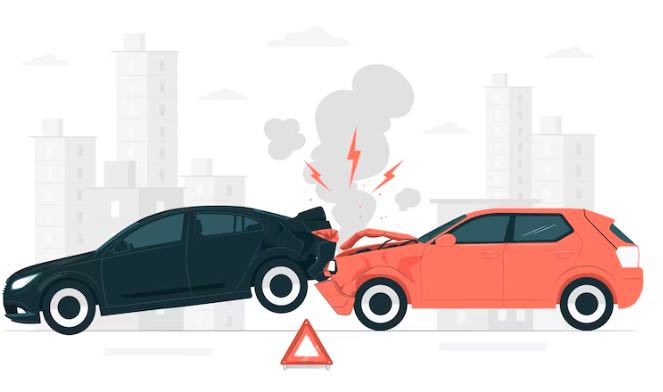


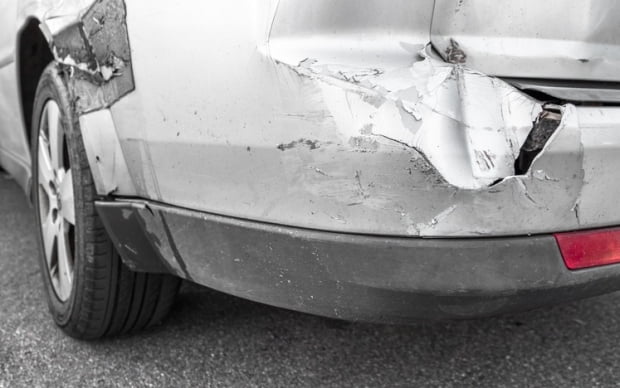




![015] [교통사고] 가해자 보험접수 거부 해결법 – 피해자가 직접 보험접수 하는 방법!! 015] [교통사고] 가해자 보험접수 거부 해결법 – 피해자가 직접 보험접수 하는 방법!!](https://blog.kakaocdn.net/dn/w4irF/btrdImwUq0S/R1OedjHWab5QmiMgojQAB1/img.png)
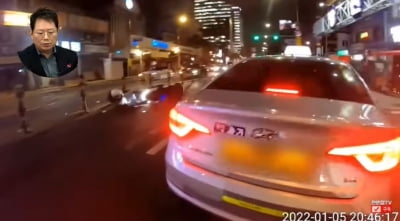

![보리받] 교통사고 가해자의 대인접수 거절...해결법은? | 뉴스포트 보리받] 교통사고 가해자의 대인접수 거절...해결법은? | 뉴스포트](https://i.ytimg.com/vi/0QvXARa2gXg/maxresdefault.jpg)



![음주운전과 음주사고 사례(6)] 음주측정거부 | 초범 | 경미한 음주대인사고 | 변호사선임 | 합의서양식 | 처벌불원서 양식 음주운전과 음주사고 사례(6)] 음주측정거부 | 초범 | 경미한 음주대인사고 | 변호사선임 | 합의서양식 | 처벌불원서 양식](https://img1.daumcdn.net/thumb/R800x0/?scode=mtistory2&fname=https%3A%2F%2Fblog.kakaocdn.net%2Fdn%2FbflfIk%2FbtrZ72XABhk%2FneTKWgu5VDldnVVTOHI46K%2Fimg.jpg)
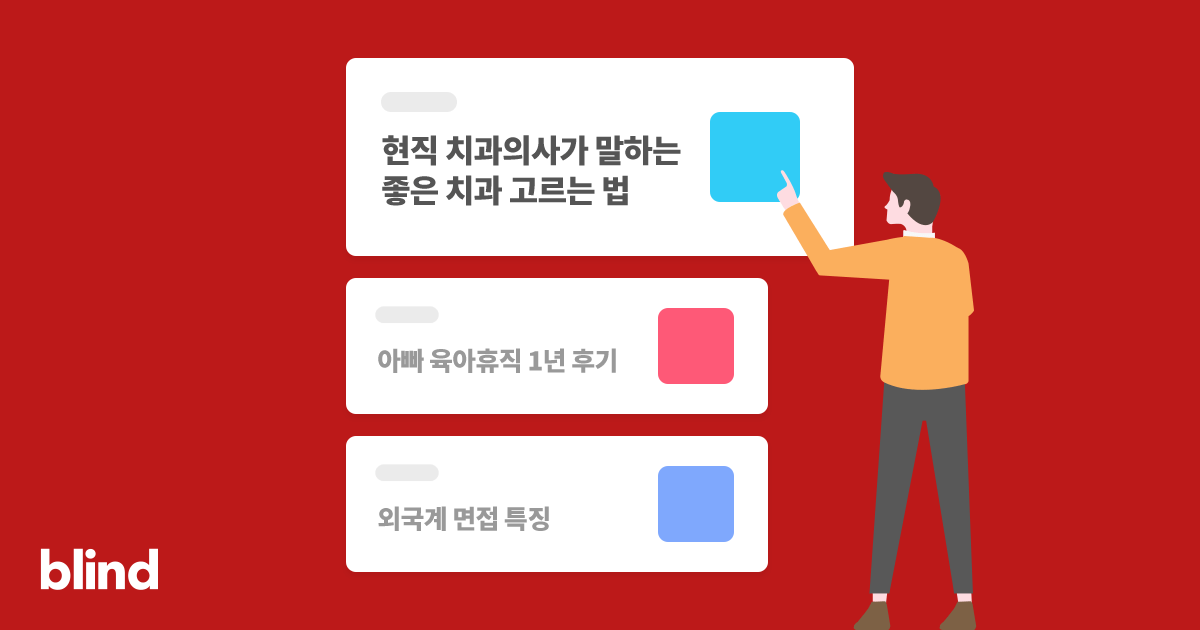

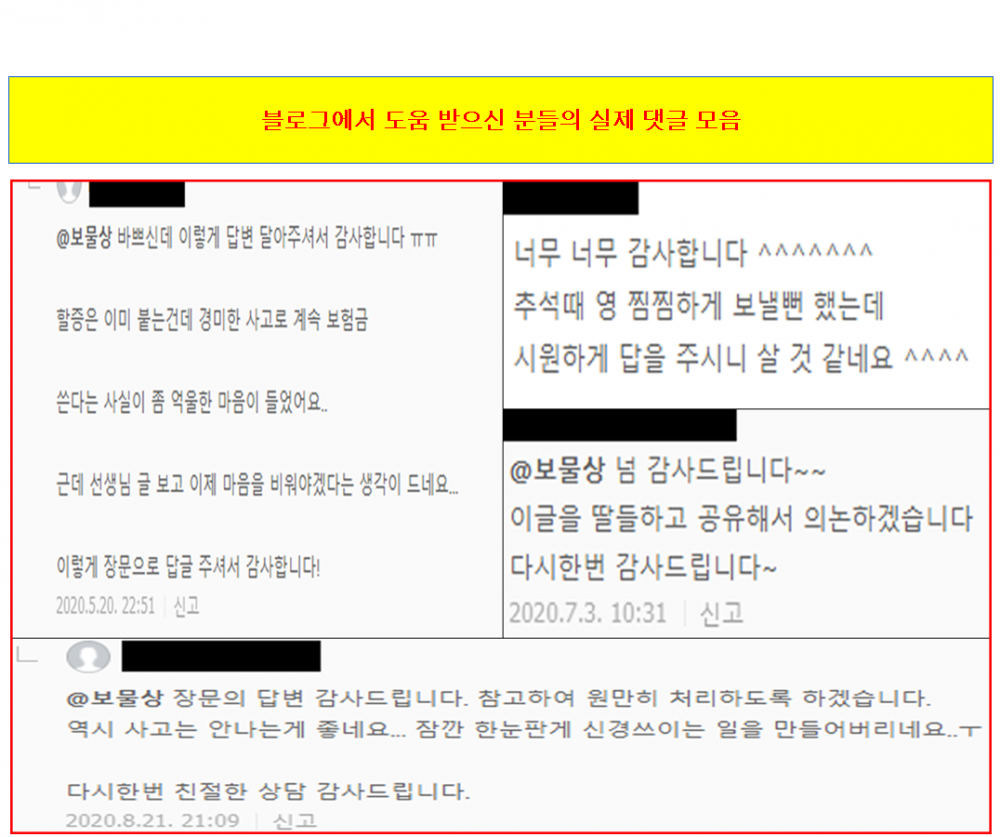
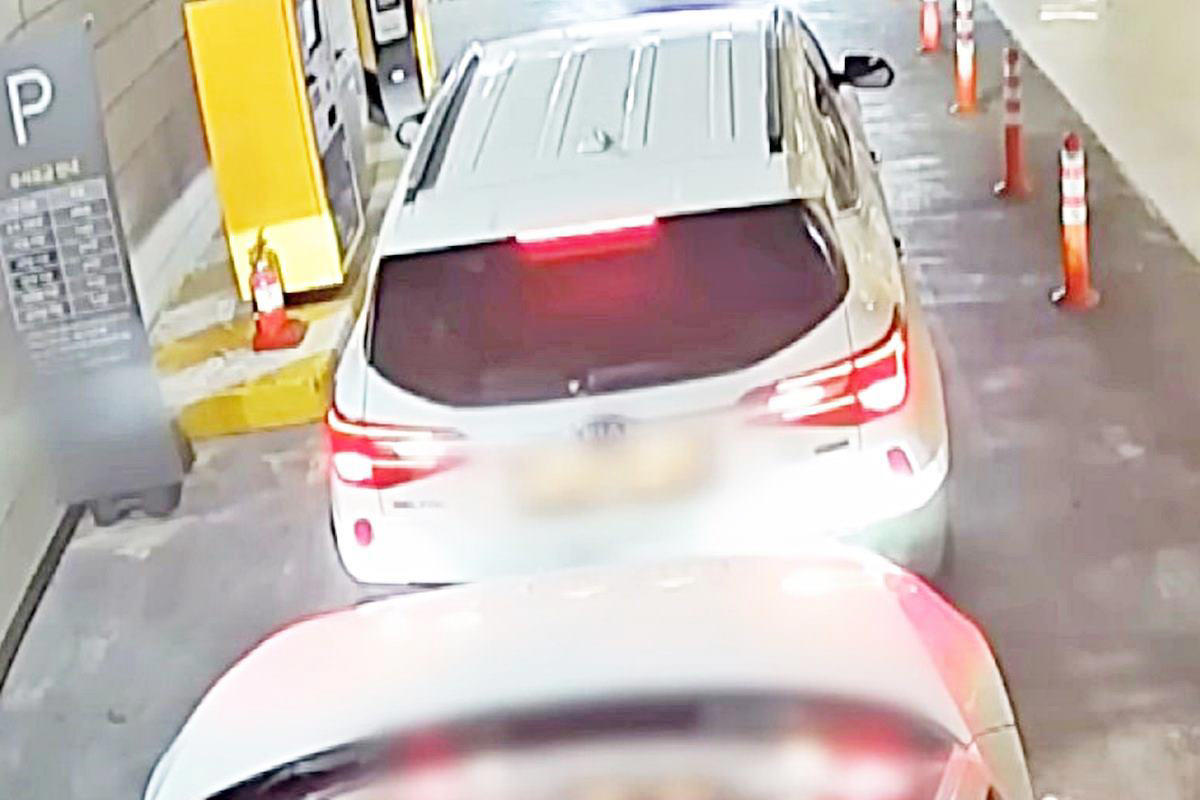

![자동차 사고 미수선 처리 의미와 방법 - [ 업데이트 정보 ] 자동차 사고 미수선 처리 의미와 방법 - [ 업데이트 정보 ]](https://viewtree.kr/wp-content/uploads/2023/04/%EC%9E%90%EB%8F%99%EC%B0%A8-%EC%82%AC%EA%B3%A0-%EB%AF%B8%EC%88%98%EC%84%A0-%EC%B2%98%EB%A6%AC-%EC%9D%98%EB%AF%B8%EC%99%80-%EB%B0%A9%EB%B2%95.png)


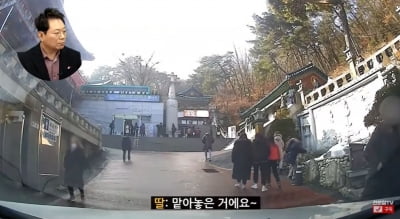
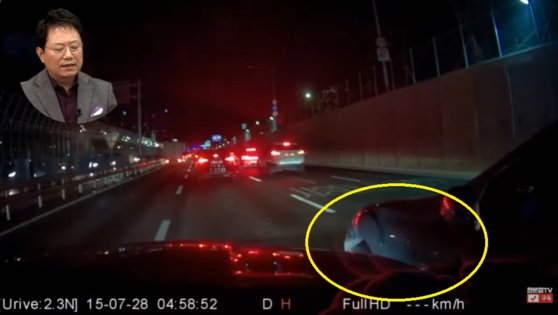

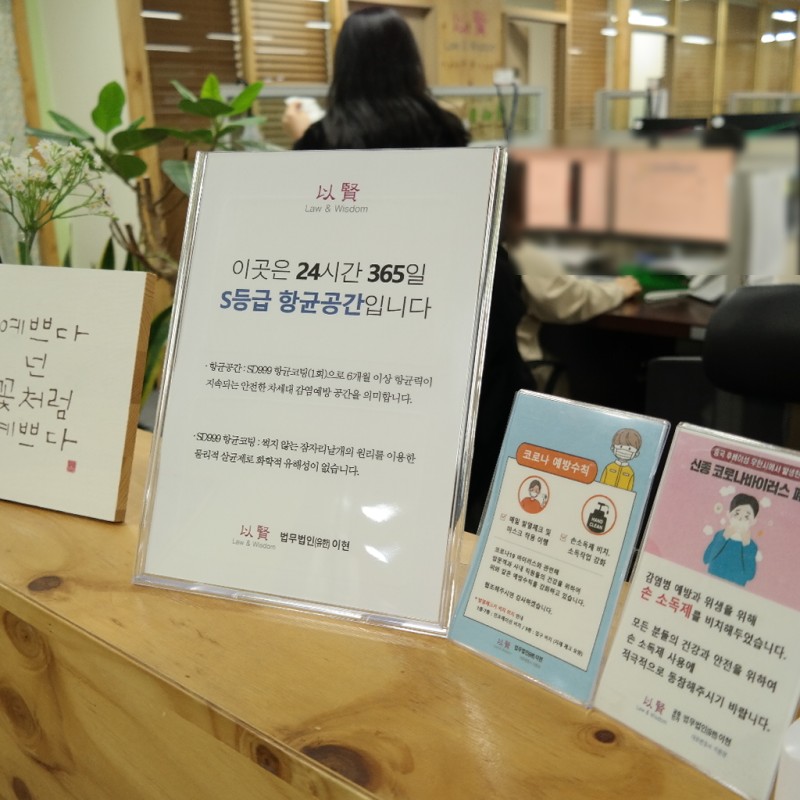
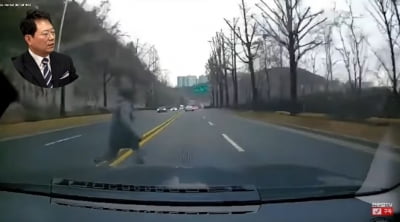


Article link: 경미한 사고 대인접수 거부.
주제에 대해 자세히 알아보기 경미한 사고 대인접수 거부.